Iran’s Deputy Foreign Minister Majid Takht Ravanchi declared on Monday that the country will continue its uranium enrichment activities within the framework of the Nuclear Non-Proliferation Treaty (NPT), despite recent U.S. and Israeli attacks on its nuclear facilities.
Speaking in an interview with Germany’s national television, Ravanchi emphasized that no external power can dictate Iran’s nuclear program as long as it complies with international agreements. The statement comes after the United States launched airstrikes targeting key nuclear sites at Fordo, Natanz, and Isfahan, using bunker-buster bombs and cruise missiles at the weekend.
These strikes are part of an intensified military campaign by Israel, which began in mid-June (13 June), leading to a series of retaliatory missile attacks by Iran on Israeli territory. The ongoing conflict has resulted in significant casualties on both sides, with Israeli officials reporting at least 25 deaths and hundreds injured, while Iran’s Health Ministry states more than 400 have died and thousands more wounded in the Israeli assaults.
Despite the escalating tensions, Iran insists its nuclear program remains peaceful and within the bounds of the NPT. Tehran has always denied it's producing nuclear weapons.
Ravanchi’s remarks underline Tehran’s resolve to continue uranium enrichment, asserting that its sovereign rights will not be compromised amid the regional conflict.
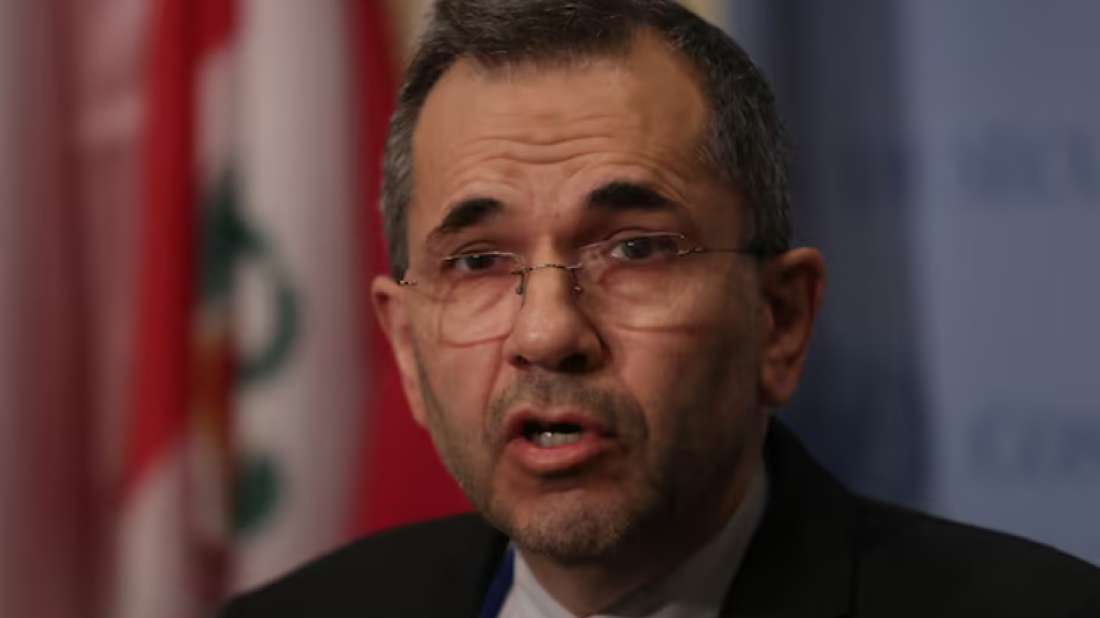
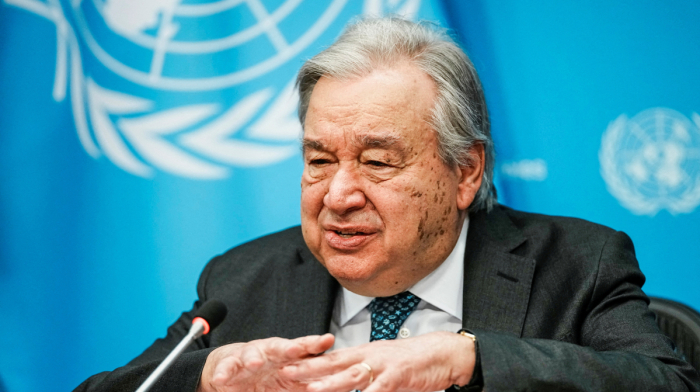

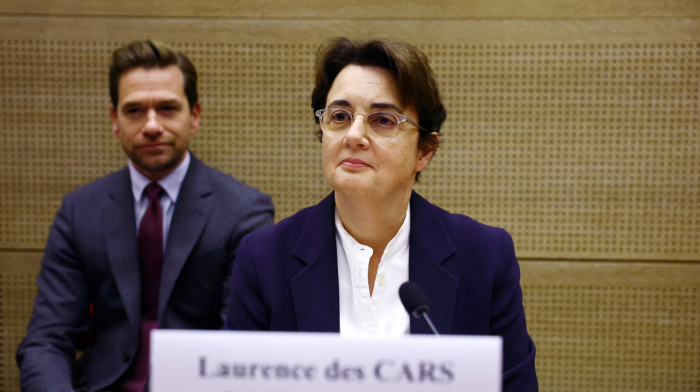
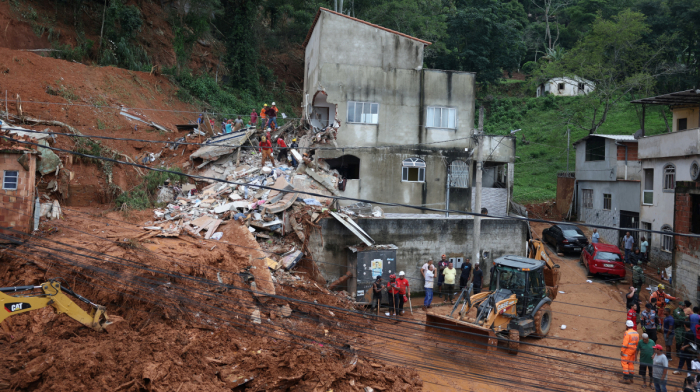
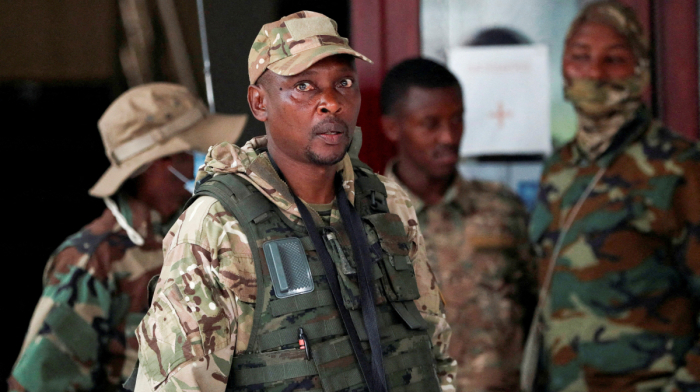

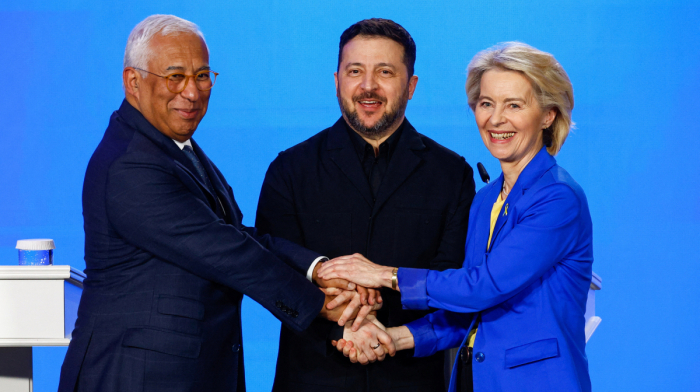
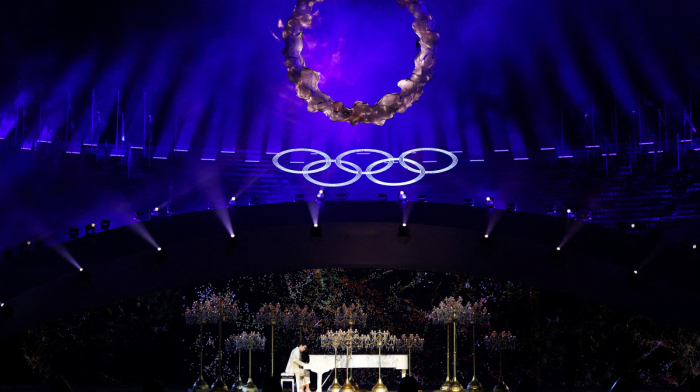
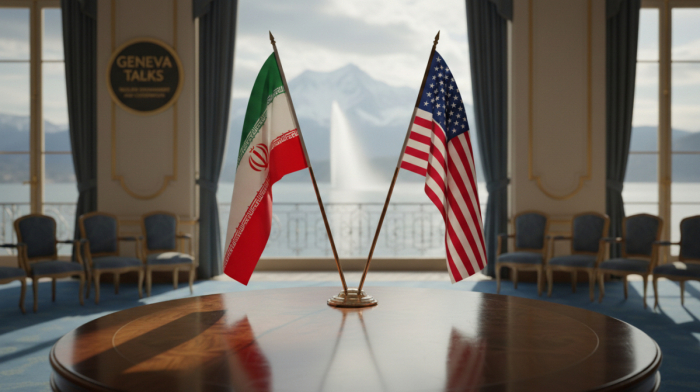
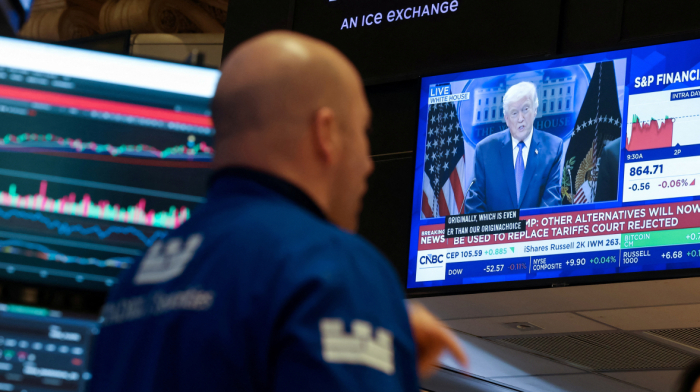
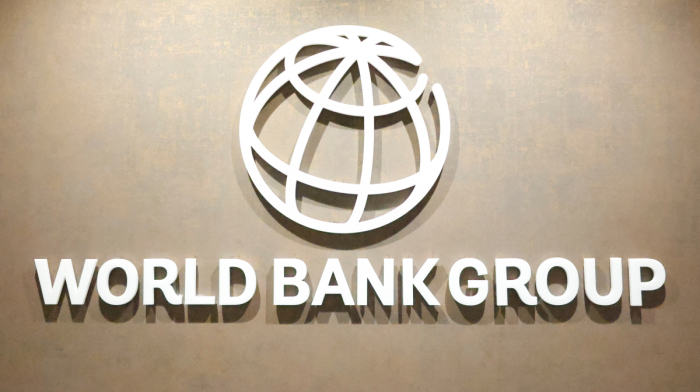
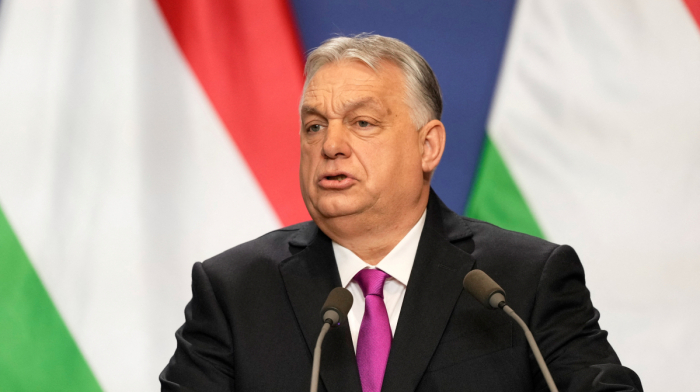



What is your opinion on this topic?
Leave the first comment